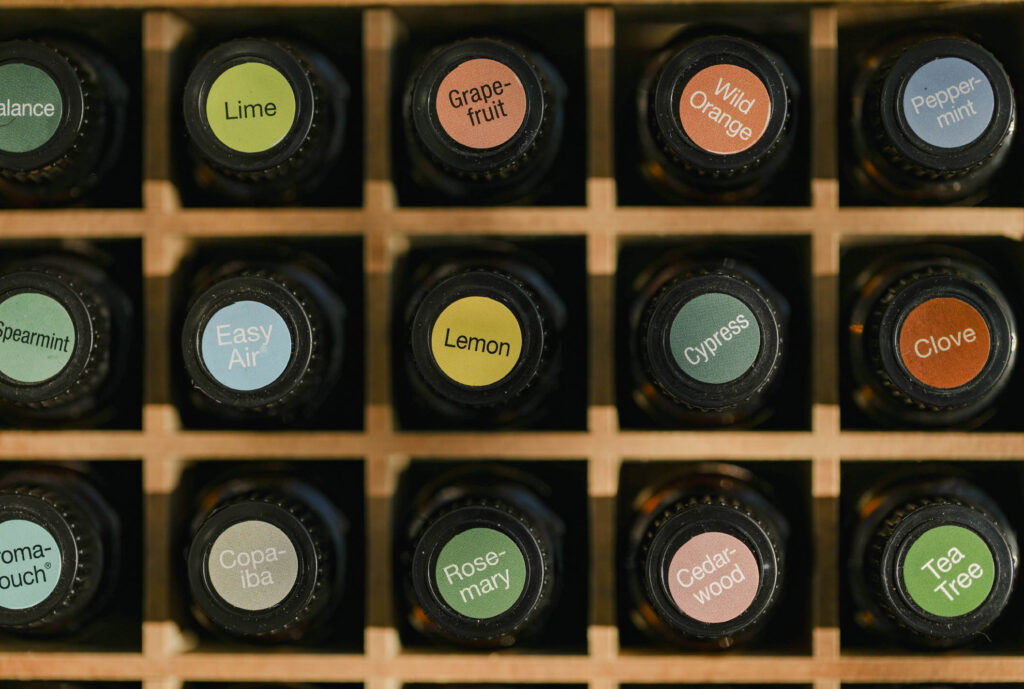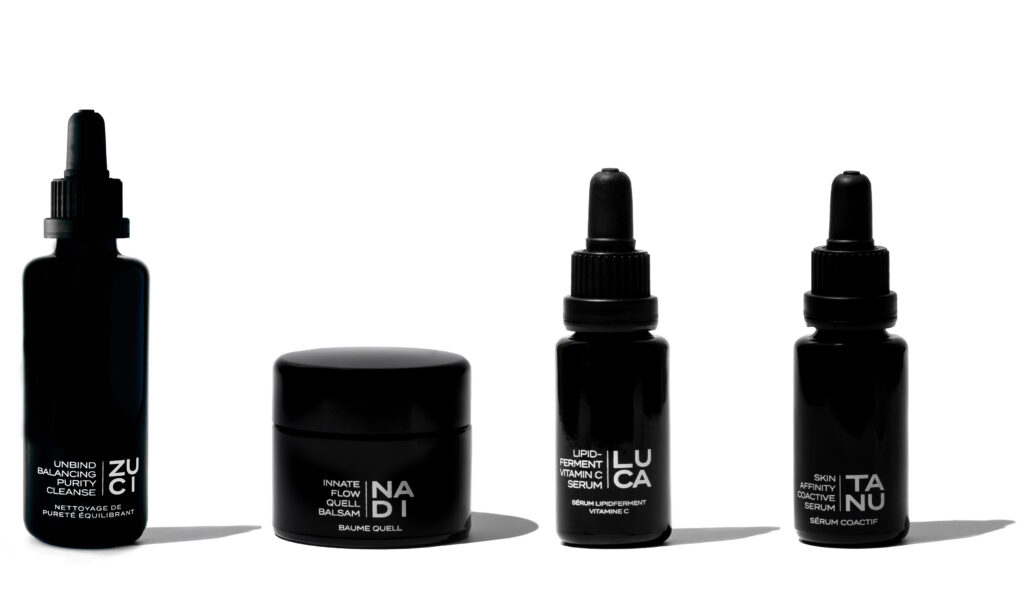What is Phototoxicity in Skincare?
Photo-toxicity also known as photosensitivity is a skin reaction that occurs in the presence of ultraviolet (UV) light. Certain compounds found in essential oils are capable of absorbing energy from UV light much more effectively than skin. The application of the Essential oil itself will not cause photosensitivity unless the skin is exposed to the sun or another UV light source. In this article, we explore Skin Phototoxicity and Citrus Oils.
Compounds that can cause Photo-toxicity are known as ‘Bergapten‘ or ‘furocoumarins’ these are polycyclic molecules whose structure gives them the ability to absorb ultraviolet photons, store them for a while and then realise them in a ‘burst’ onto the skin.

Essential Oils That cause Photosensitisation
- Angelica Root
- Cumin
- Fig Leaf Absolute
- Mandarin Leaf
- Opopanax
- Rue
- Tagetes
Cold-Pressed Oils That Cause Photosensitisation
- Bergamot
- Bitter Orange
- Grapefruit
- Lemon
- Lime
Oils and Essential Oils That Can Cause Photosensitisation
- Clementine Cold Pressed
- Combava Fruit
- Corriander
- Skimmia
- Angelica Root Absolute
- Angelica Root CO2
- Celery Leaf
- Celery Seed Absolute
- Cumin Seed Absolute
- Cumin Seed CO2
- Khella
- Lovage Leaf
- Parsnip
Citrus Oils That Do Not Cause Photosensitisation
- Bergamot FCF Has the Bergaptene / Furanocoumarins Removed
- Bergamot Steam Distilled
- Blood Orange Cold Pressed or Steam Distilled
- Lemon Steam Distilled
- Lime Steam Distilled
- Mandarin Cold Pressed or Steam Distilled
- Sweet Orange Cold Pressed or Steam Distilled
- Petitgrain
- Satsuma Cold Pressed or Steam Distilled
- Tangelo Cold Pressed or Steam Distilled
- Tangerine Cold Pressed or Steam Distilled
- Yuzu Oil Cold Pressed or Steam Distilled
What are the safe levels to avoid Phototoxicity?
The International Fragrance Association (IFRA) has set safety limits on the amount of photo-toxic essential oils a cosmetic product should contain:
- IFRA recommends that products applied to areas of skin exposed to sunlight should contain levels of cold-pressed lemon oil not exceeding 2%.
- It is recommended that skin treated with photo-toxic oils at levels higher than those maximum use levels (2%) should not be exposed to UV light for 12-18 hours.
In Conclusion
Essential oils are highly concentrated plant extracts that offer rapid correction, regeneration and balance with little or no side effects when formulated at safe cosmetic levels. At FIFTY7KIND we choose NOT to use Citrus Oils which contain Photo-toxic compounds causing Skin Phototoxicity.

Until next time, be human, be kind, be you.

REFERENCES:
- Robert Tisserand and Rodney Young, Essential Oil Safety (Second Edition. United Kingdom: Churchill Livingstone Elsevier, 2014)
- The International Fragrance Association (IFRA)
http://www.ifraorg.org/en-us/search/s/lemon_essential_oil#.WNDjKhhh1UM
Comments +